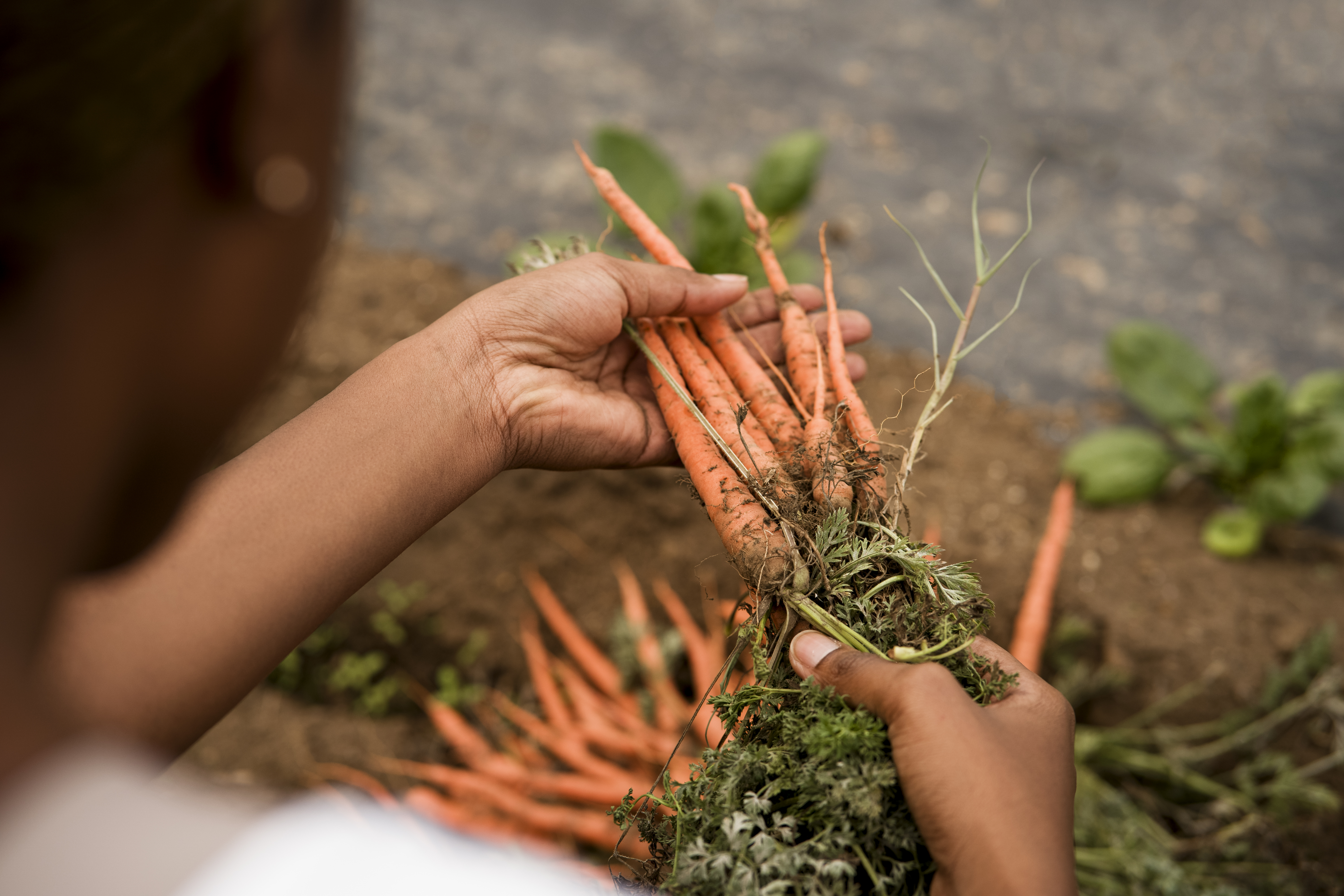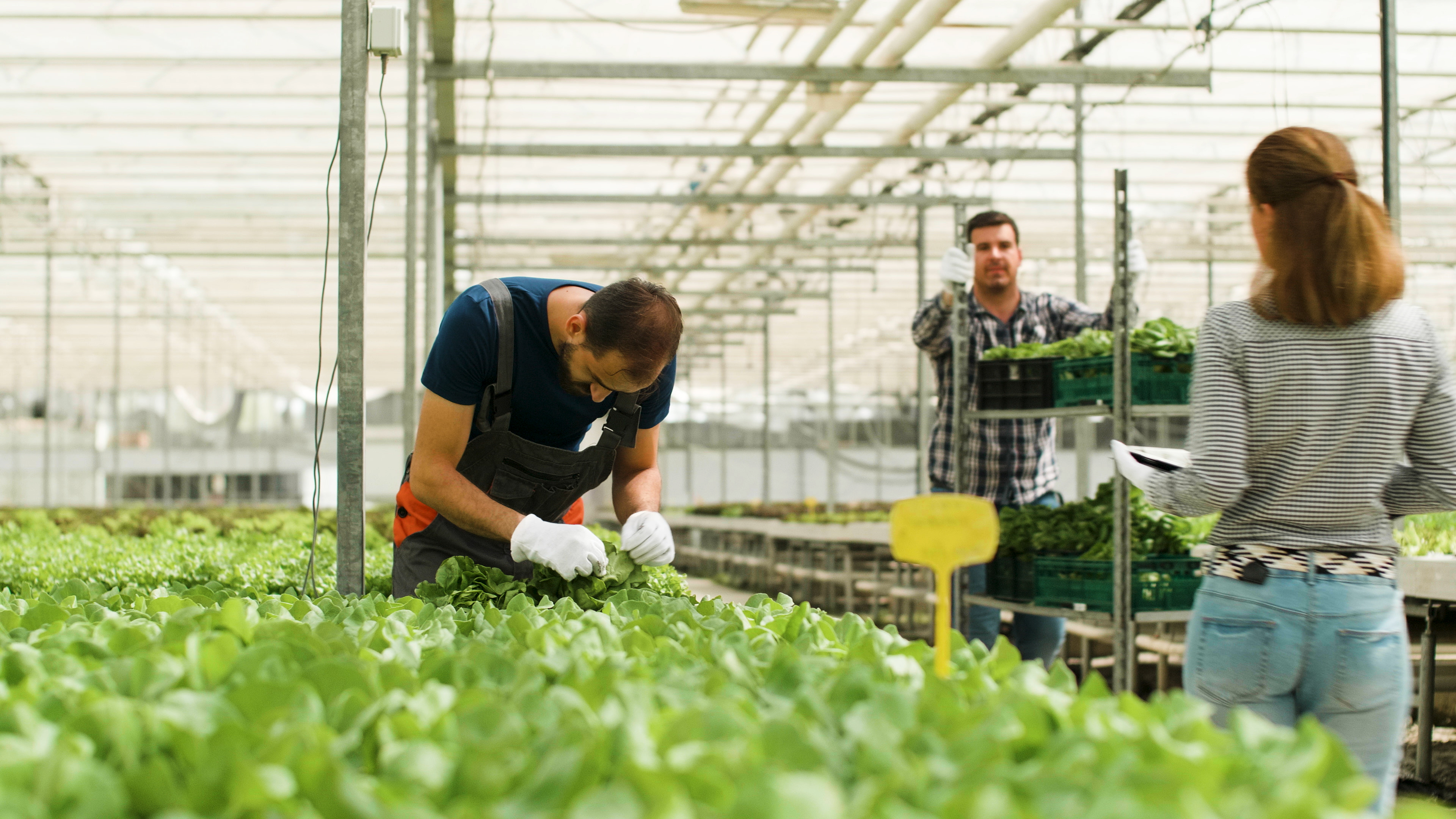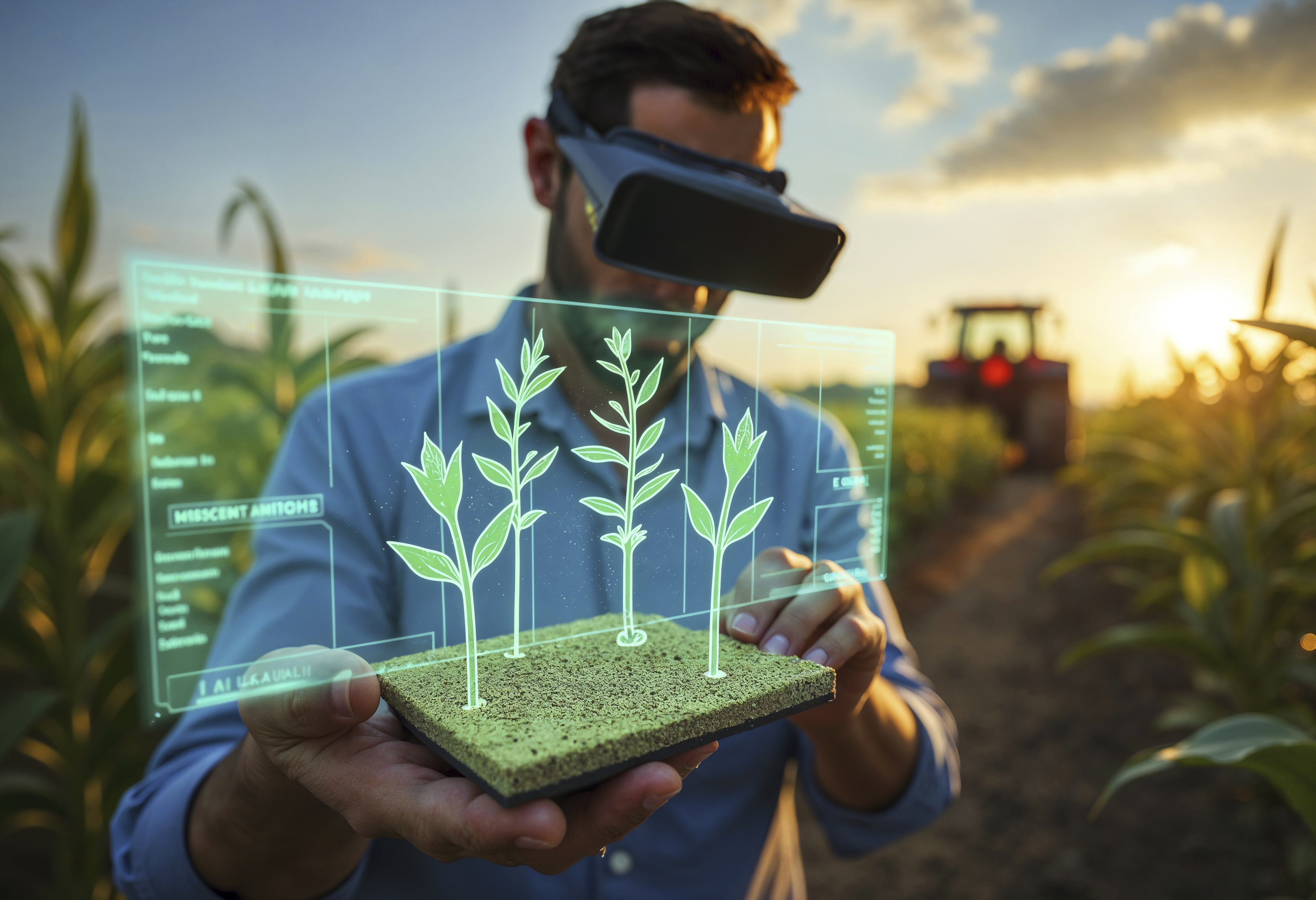From Farm to Table: The Impact of AgTech Innovations on Agriculture in Africa

In recent times, the phrase, “Farm to Fork” has become quite popular, especially as people begin to pay more attention to where their food comes from. In Africa, this journey from the farm to our tables is gradually changing due to innovations in AgTech that are increasing agricultural output and ensuring that there is food sufficiency across the continent. I am also eager to discover how these advancements in technology are improving agriculture in Africa as a region as more efficient, more advanced and more integrated business process as I hold a decade of experience as a senior content writer.
Traditional agricultural systems in Africa have always had smallholder farming as the dominant feature which is responsible for a sizeable proportion of the farming done in the continent. However, most of these farmers are also disadvantaged with very low levels of access to resources, the use of primitive agriculture techniques and the adverse effects of climate change. Fortunately, Agro Technologies is coming forth to fill these voids and provide farmers with a variety of methods which can help enhance their productivity.
One of the most remarkable developments in AgTech is precision farming. By means of this
The use of soil sensors allows farmers to determine the correct time for planting, watering, and even harvesting. This kind of accuracy not only helps to improve the crop yield but also reduces loss thereby saving resources. Hence, farmers would be able to have more food while less harm is done to the environment.
Mobile technology is another revolution for the African farmers. Farmers have this critical information right in their pockets these days with the rampant use of smart phones. Mobile applications provide weather forecasts, prices in the market, how to best deal with pests and manage crops among many other things. Such information instantly made available allows for wiser decisions to be made by farmers and this naturally leads to enhanced output and the resultant profitability. Further, mobile applications provide a seamless interaction between the producers and the consumers, hence the farmers are able to market their products directly without the need of the brokers.
As previously mentioned, AgTech advancements are solving the problem of food security in terms of storage and distribution. In African countries for instance, the level of wastage that occurs after harvesting due to a lack of storage and transport facilities is shocking. AgTech products like solar powered coolers and temperature controlled storage containers are looking to be helpful in reducing the quality of the food during storage and transportation. It is potentially more food reaches the end users, in other words the consumer and it also improves the rate of food security by using this technology.
Digitization of agricultural goods is also another changing aspect of the agriculture business in Africa. Consumers are able to buy produce grown by farmers directly, and this has led to a shift in how this business operates as farmers can now sell directly online. In this way farmers are able to sell produce at better rates as consumers are able to buy locally produced food at a much wider scope. Digital platforms also help to enhance the market chain and this development gradually strengthens the relationship between the two groups. Consumers today want to buy products produced by local farm products and strengthen the economic base of society.
Also, it is notable that agriculture is now incorporating technologies in the form of renewable energy systems. Farmers are installing solar powered pumps and using bio energised appliances so as to save on fuel. This development is not only improving cost of doing business but also advances environmental conservation. Through the use of renewables, farmers can better use their land resources while taking part in alleviating the effects of global warming.
Yet there are challenges that Africa has to contend with as it incorporates AgTech into its regional agriculture. Without a doubt the modern technological tools can be efficacious but more is needed for people to use them like the use of the internet in rural parts and education about new technologies. There is a need of collaboration between governments, NGOs, and private entities to solve these problems, and create condition under which farmers irrespective of location can fully utilize AgTech developments.
Putting resources in AgTech is an indispensable part of the agriculture business in Africa. With these changes, the economic life of farmers will improve and at the same time, contribute to the development, and food adequacy of the region. Definitely there is a need to step up self financing or cooperative funding or seek partnerships with international organisations for funding such initiatives.
To summarize, AgTech innovations are an important factor in the transformation of agriculture and the food value chains across Africa from the farm raise to every meal across the continent. In adopting such innovations, emphasis should also be on improving farming practices and making technologies available to all the regions of the continent. There is a great potential for farming in Africa. If well targeted investment is put in place it will be possible for Africa to build a sustainable farming system that will feed the countries and their people.



